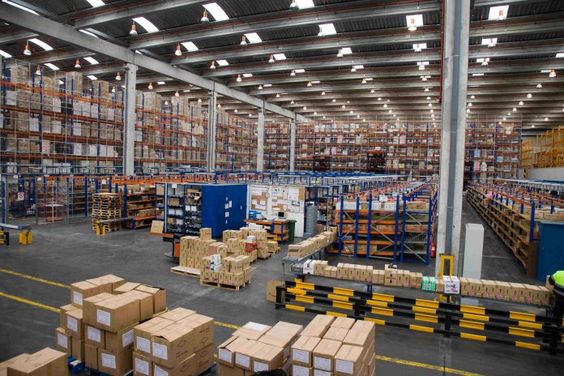The logistics behind shipping and distribution are critical components of any business’s success. Cutting corners on your supply chain can lead to disaster, while smart, well-planned logistics can be a source of competitive advantage. Two options stand prominently when handling the transportation of goods: freight brokerage and Third-Party Logistics (3PL). Understanding the differences between these services is crucial in making an informed decision that aligns with your business goals.
Introduction
Freight brokerage and 3PL are two different types of logistics services that cater to the movement of goods. While both aim at streamlining your supply chain, they do so in very different ways. Freight brokerage acts as an intermediary between shippers and carriers, negotiating transport rates and organizing cargo movement on your behalf. On the other hand, a 3PL provider offers a wider range of services beyond transportation, often acting as an integrated logistics partner.
The decision to opt for a freight broker or a 3PL provider is not to be made lightly; the right choice can drive your business forward, while the wrong one could hold you back. Here’s what you need to know to make the best call.
Services Offered
Freight Broker:
Freight brokers focus mainly on transportation management. They have an intricate network and knowledge base to find you the best possible carrier for your specific freight needs at competitive rates. They streamline the process for each shipment, ensuring your cargo reaches its destination efficiently.
3PL:
A 3PL provider delivers a broad spectrum of logistics services, making them a one-stop-shop for your supply chain needs. They can manage your warehousing, distribution, inventory management, order fulfillment, and even offer services like packaging and product assembly. Many 3PL providers also integrate advanced technology systems, providing visibility and analytics that help in supply chain optimization.
Cost
Freight Broker:
Due to their narrow focus on transportation, freight brokers typically earn a commission based on the freight cost. This setup might suit businesses looking for the most cost-effective solution for occasional shipping.
3PL:
A 3PL tends to charge based on the array and depth of services provided. Although this might involve higher upfront costs compared to freight brokerage services, entrusting a 3PL with multiple aspects of your logistics could lead to significant cost reductions thanks to efficiencies and supply chain improvements that they implement.
Control
Freight Broker:
When you choose a freight broker, you often maintain more control over the details of your shipments, including which carriers you use. This might be important for businesses that have established relationships with specific carriers or those with precise logistics requirements.
3PL:
Working with a 3PL means entrusting a portion of your operation to their expertise. While this does mean handing over some control, it allows you to benefit from their specialized know-how, which could result in cost savings and improved logistics practices.
Scalability
Freight Broker:
Freight brokers can be an excellent option for companies with fluctuating shipping volumes or irregular shipment schedules since they provide the flexibility to handle such variations without a need for a long-term commitment.
3PL:
For growing businesses expecting to scale operations or experience consistent shipping demands, a 3PL can grow alongside your business. They are equipped to handle increased volumes and more complex logistical challenges that come with expansion.
Maxtrans 3PL Freight Management:
Maxtrans’ freight services are a fusion of both 3PL and freight brokerage, providing businesses with the best of both worlds. Our team boasts an extensive network of carriers, ensuring competitive rates for transportation while optimizing every step along the way. Moreover, we offer a wide range of logistics services beyond just transportation management to provide you with a comprehensive solution that aligns with your business goals. With Maxtrans, you can benefit from our advanced technology systems, stringent quality control processes, and experienced logistics professionals to take your supply chain to the next level.
Conclusion
Choosing between a freight broker and a 3PL depends on a myriad of factors specific to your business. If your priority is finding the lowest price for occasional shipments, a freight brokerage might be ideal. However, if you are looking for comprehensive support that can scale with your growing business, a 3PL provider could be the better investment.
Alignment with your long-term business objectives, financial considerations, required level of control, and flexibility for growth are all critical points to ponder when making your selection. By weighing these considerations carefully, you can ensure that your logistics solution propels your business forward, rather than holding it back.
Whatever option you choose, remember that the backbone of a healthy logistics strategy is a strong relationship with your provider, built on communication, transparency, and a clear understanding of goals. With this foundation in place, your logistics decision is sure to contribute to the long-term success of both your supply chain and your business.

